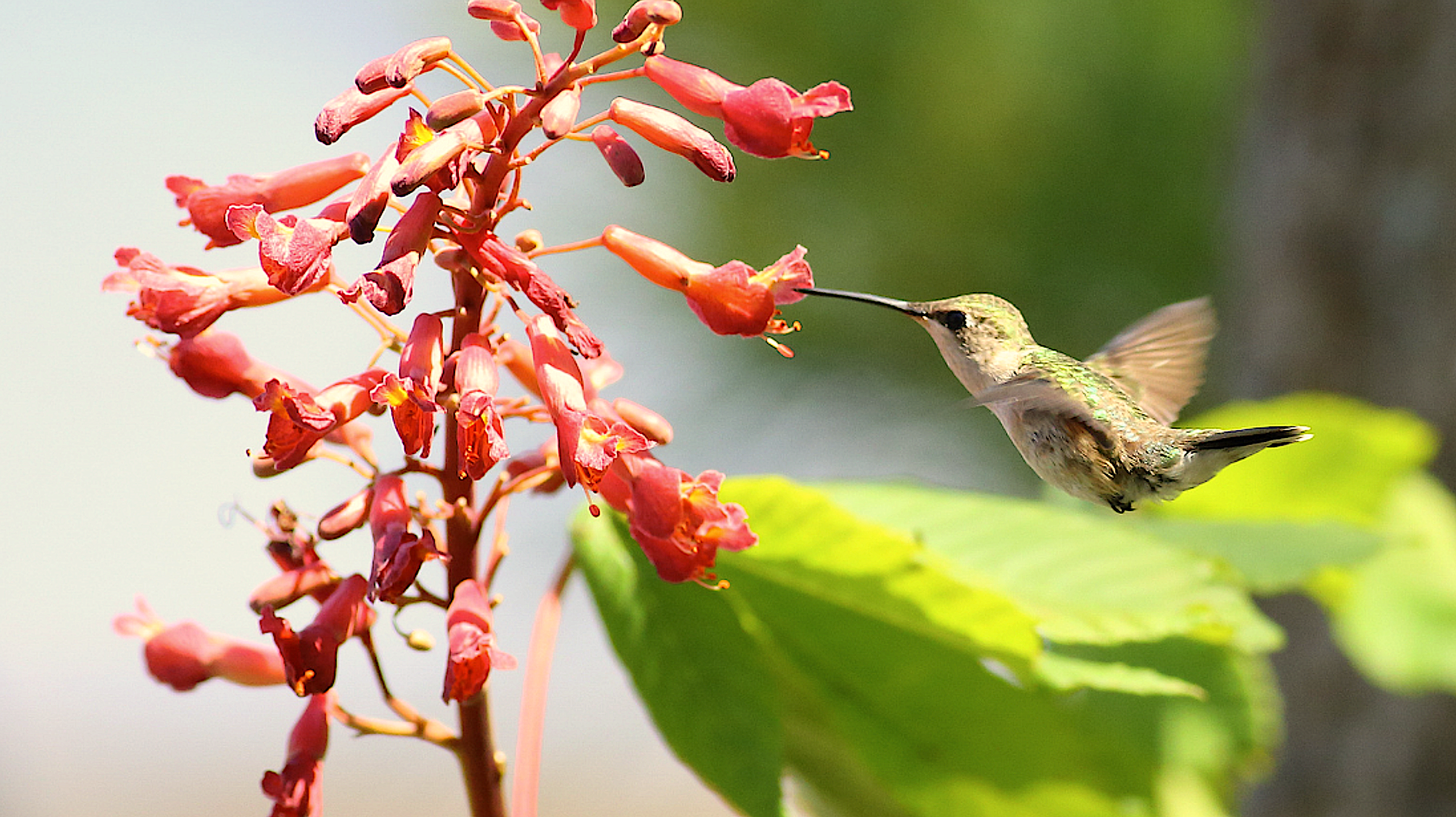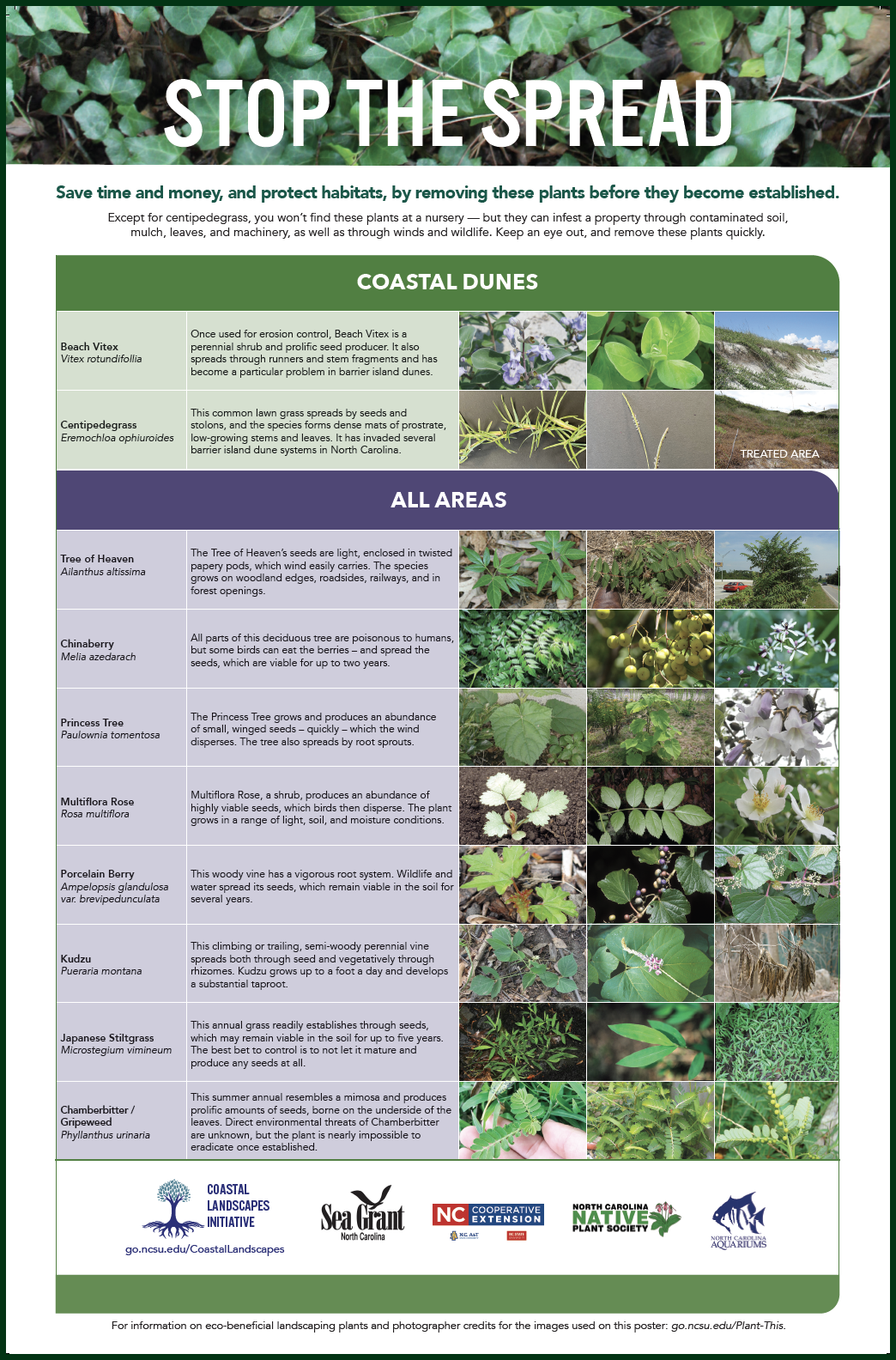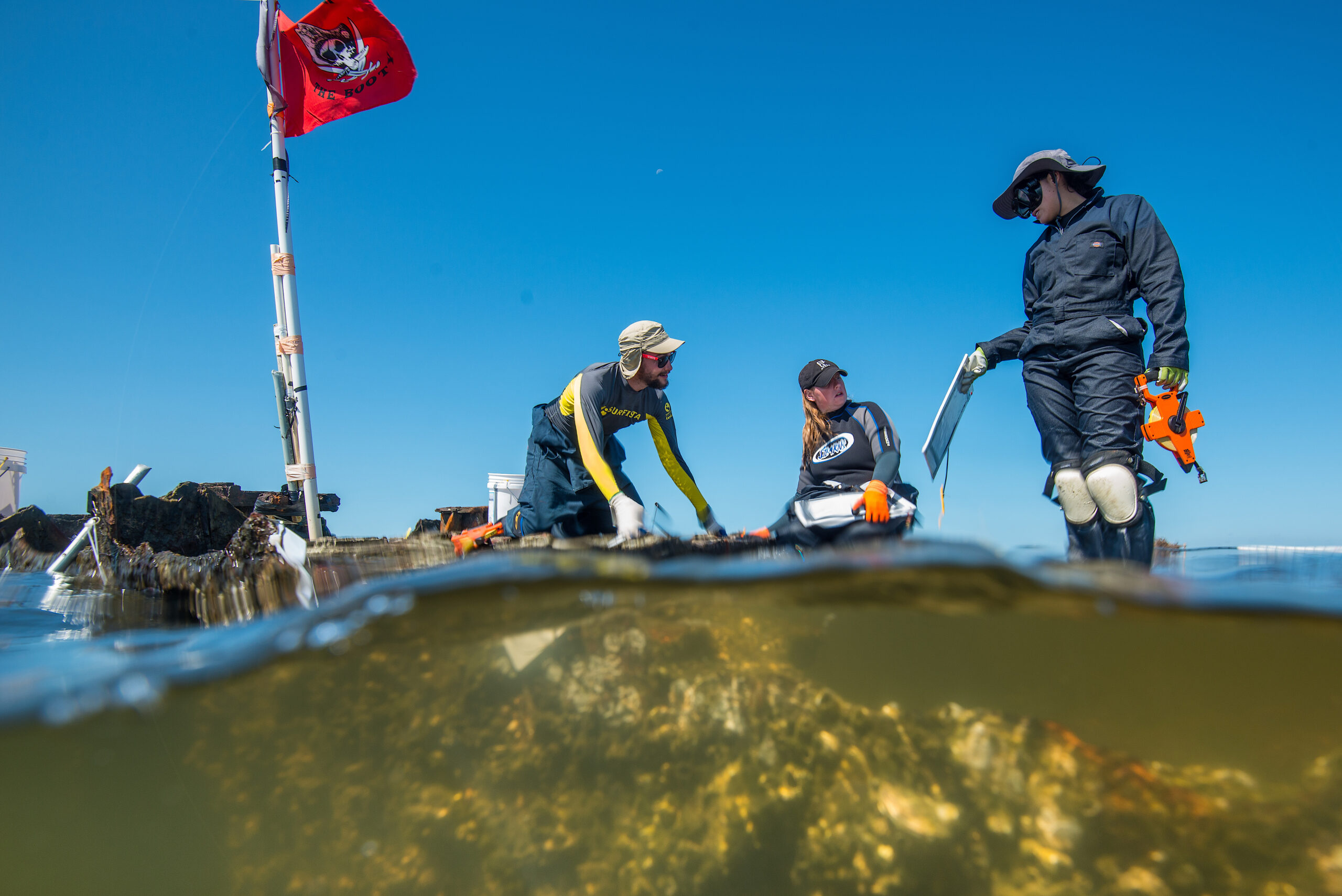Deciding which plants to use for a foundation, privacy hedge, groundcover, or other landscaping project can be a challenge. Often, we use what we see growing in our region — plants that have become familiar to us — sometimes without knowing if these plants support or harm North Carolina’s coastal environment.
The Coastal Landscapes Initiative has identified landscaping plants to avoid because they are “bad actors.” The CLI team also has hand-picked attractive eco-friendly plants to use instead. We compiled it all in Plant This Instead! — a guide available in print and online to help our state’s coastal property owners, landscapers, and designers learn more about harmful landscaping plants, as well as North Carolina plants that make better alternatives.
Plant This Instead! organizes this information according to how landscapers and property owners typically use plants: specimen trees or grasses; foundation or border shrubs; screens or hedges using shrubs, grasses, or vines; ornamental vines; and groundcovers. In each section, we identify plants to avoid and suggest attractive, eco-friendly native plants that can fill the same purpose. The plants we feature have characteristics (such as early spring flowers) similar to those most often sought in the species to avoid.
Plant This Instead! also includes a pull-out poster. The poster provides details about the impacts of eco-harmful landscaping plants (Stop the Spread), as well as ten more plant pests that you will want to remove quickly if they show up on your property (Don’t Plant a Pest). Catching pests early will save time, money, and energy.
lead photo: Plant this instead — red buckeye. Credit: Joe Prusa, NC Division of Parks and Recreation.




